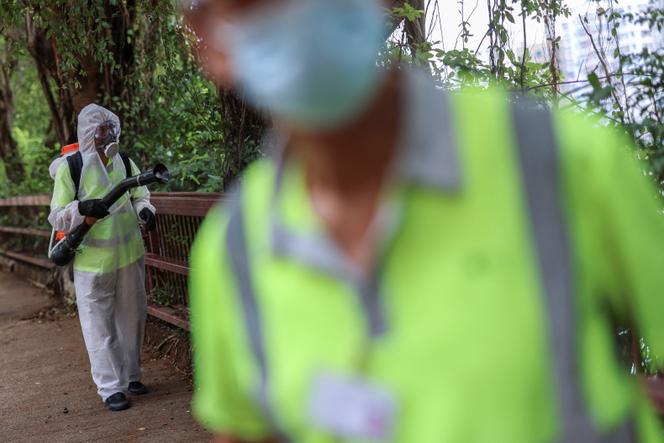


Since June 16, Guangdong Province in southern China has been facing an unprecedented surge of chikungunya. This mosquito-borne virus, which causes high fever and severe joint pain, had already infected more than 9,933 people as of August 17 – the numbers are reported weekly – mainly in the industrial city of Foshan, but also in the metropolis of Guangzhou, about 30 kilometers away. On August 15, a case was also detected in Hong Kong in a 23-year-old man who had traveled to the mainland two weeks earlier.
This year's monsoon, which has been particularly severe, caused massive flooding between June 25 and July 10 across the region. In Foshan and Guangzhou, torrential rains turned roads into muddy torrents, creating pools of stagnant water that fostered mosquito breeding and enabled the virus to spread.
The Aedes albopictus mosquito, which has been present in southern China for several years and is implicated in the current outbreak, already regularly transmits dengue fever (16,000 cases last year). For Huang Cunrui, a professor of public health at Tsinghua University, "This chikungunya fever is spreading all the more easily because the Chinese population lacks immunity and international trade is increasing." He said that "the role of climate change in lengthening the mosquito season," with the risk that both dengue and chikungunya could shift from being imported communicable diseases to becoming endemic epidemics.
You have 65.71% of this article left to read. The rest is for subscribers only.
